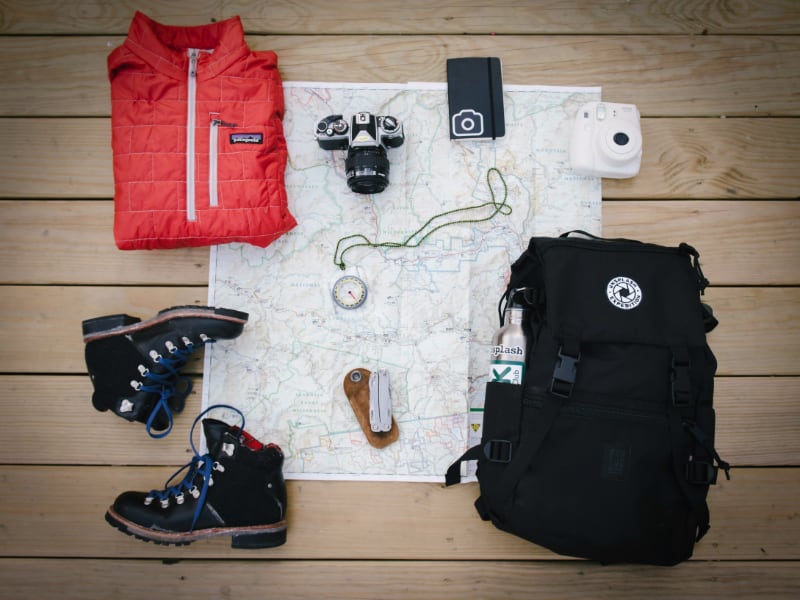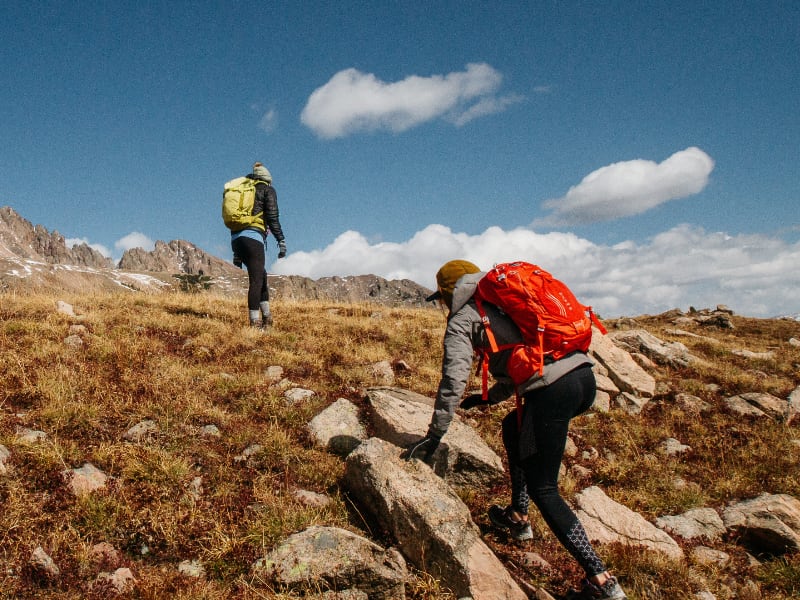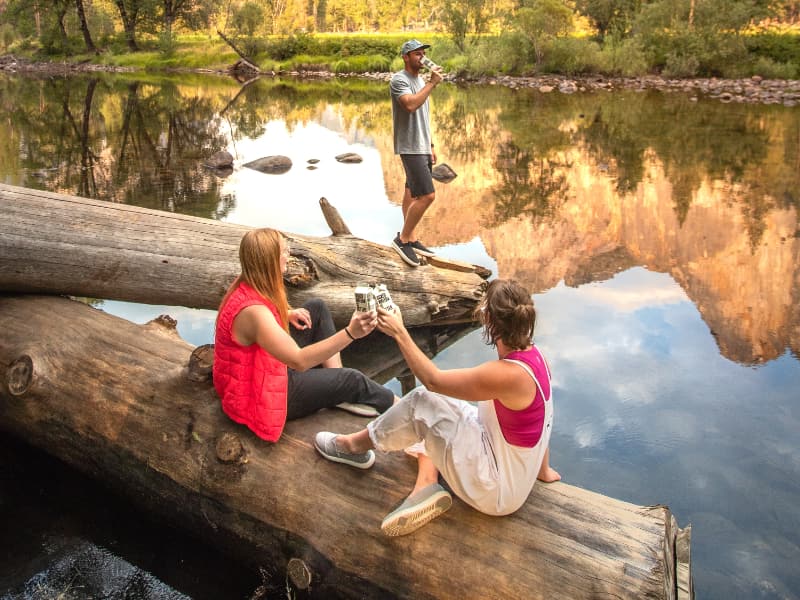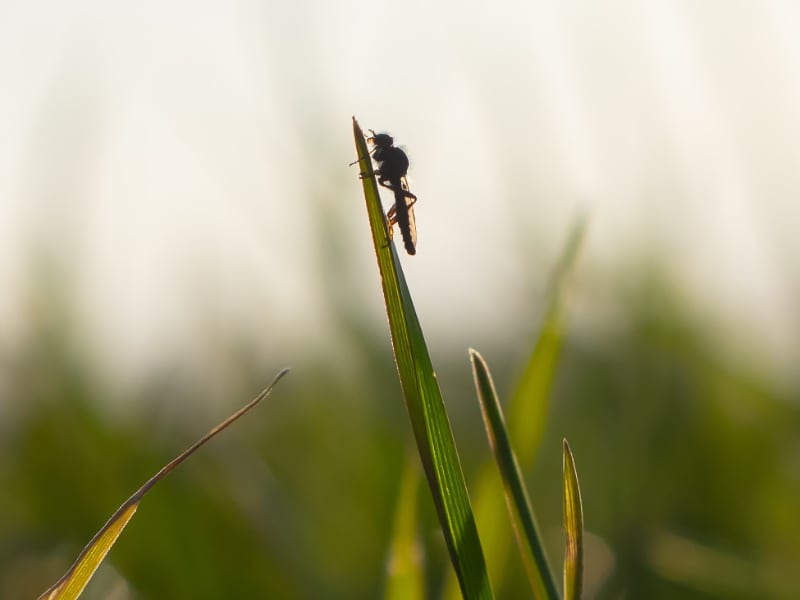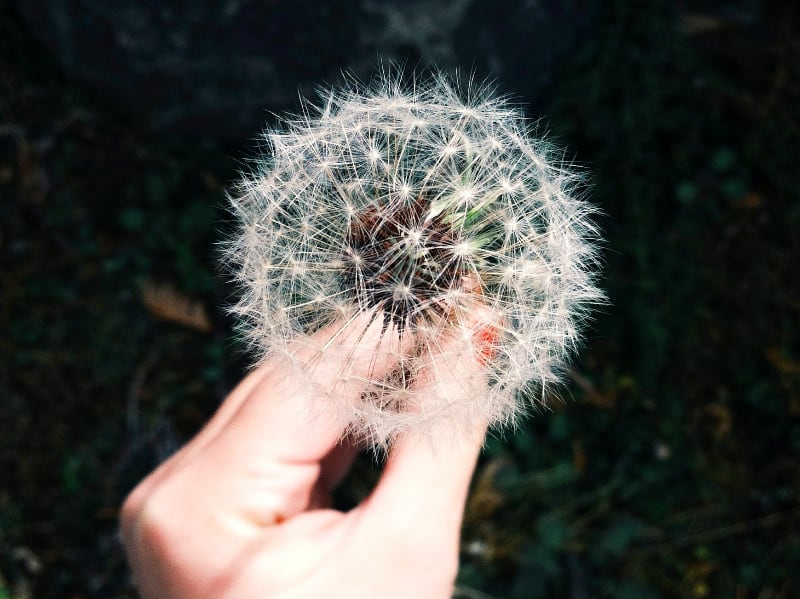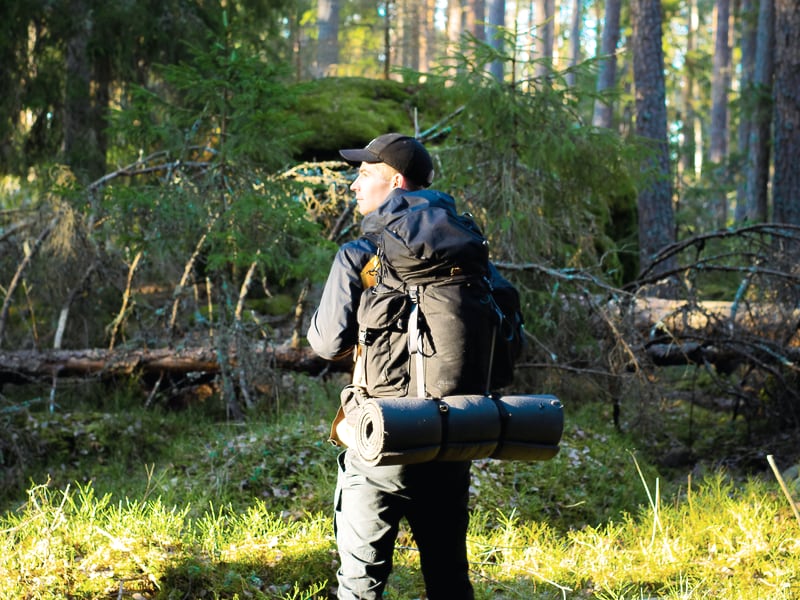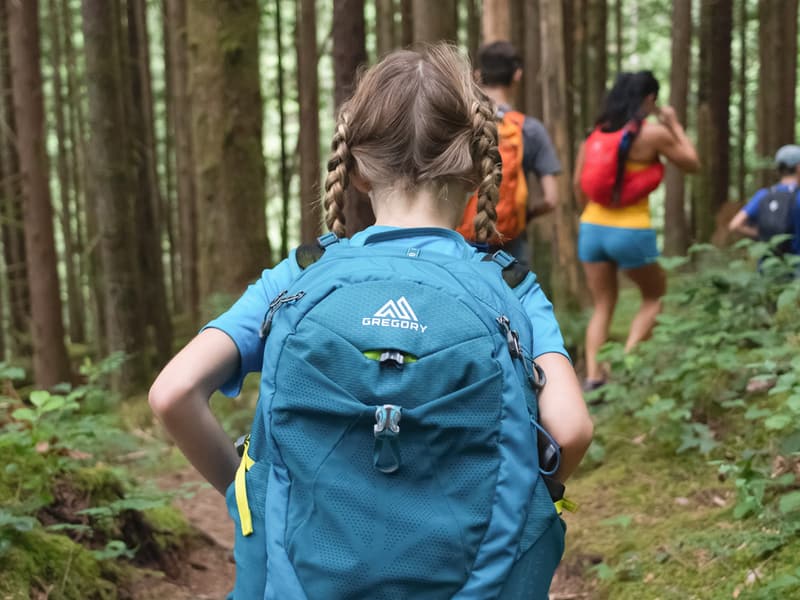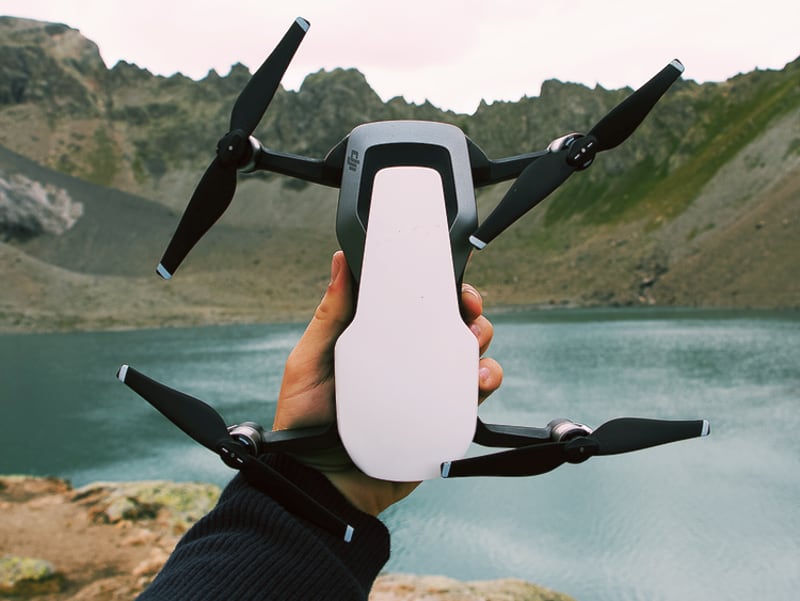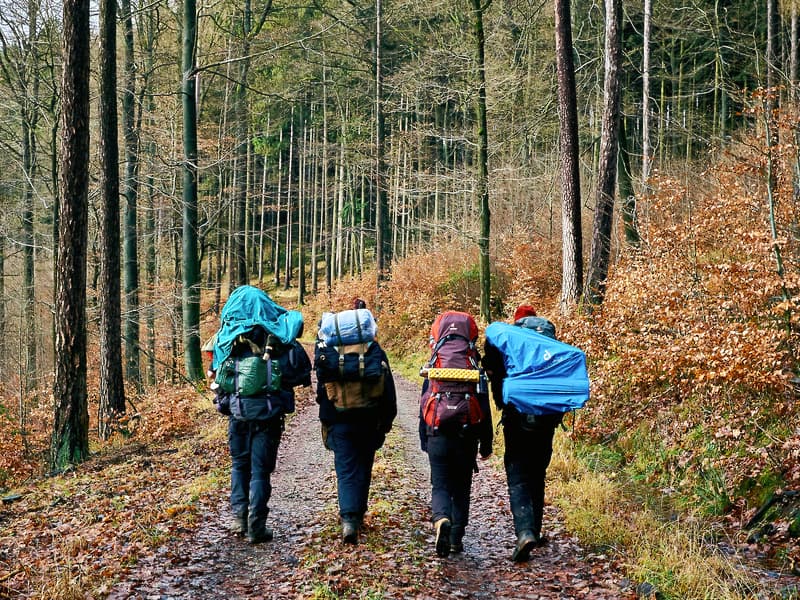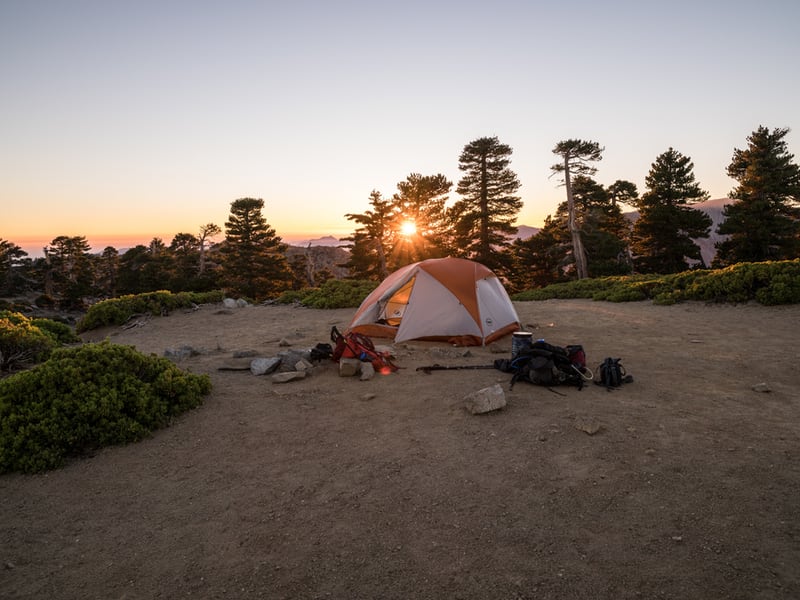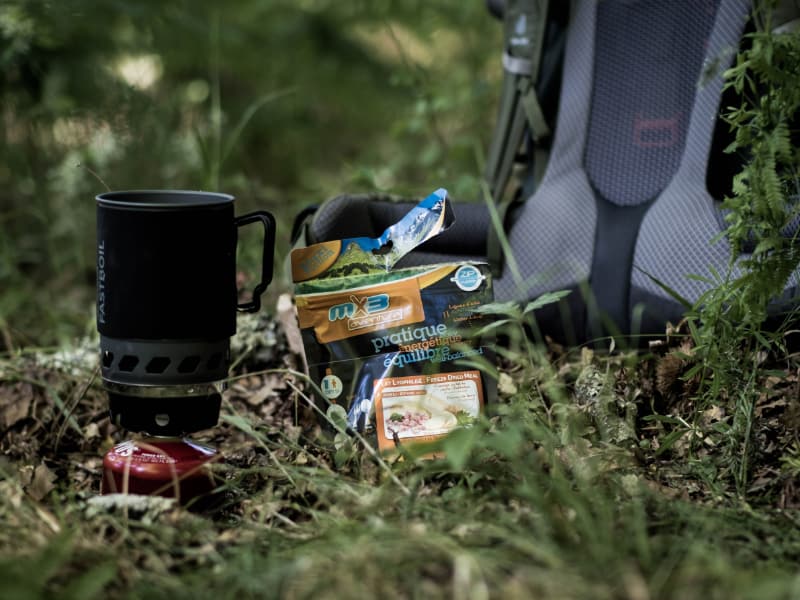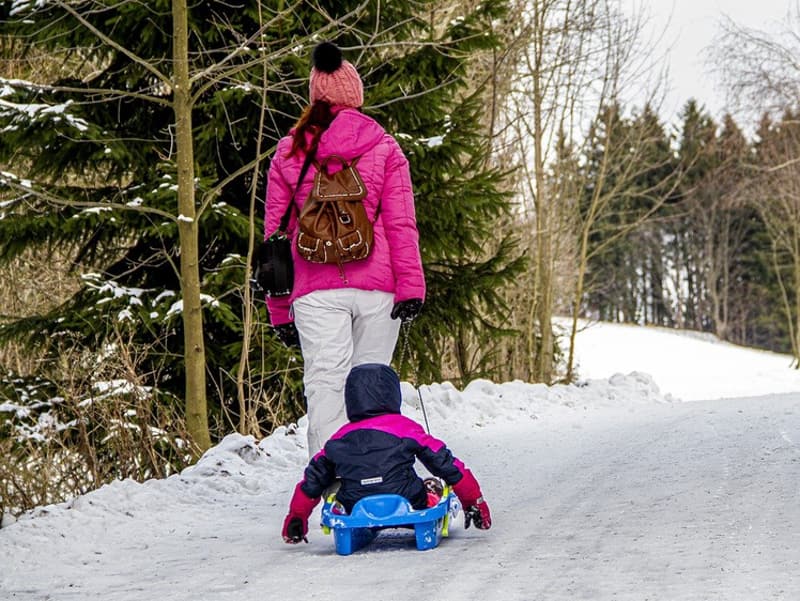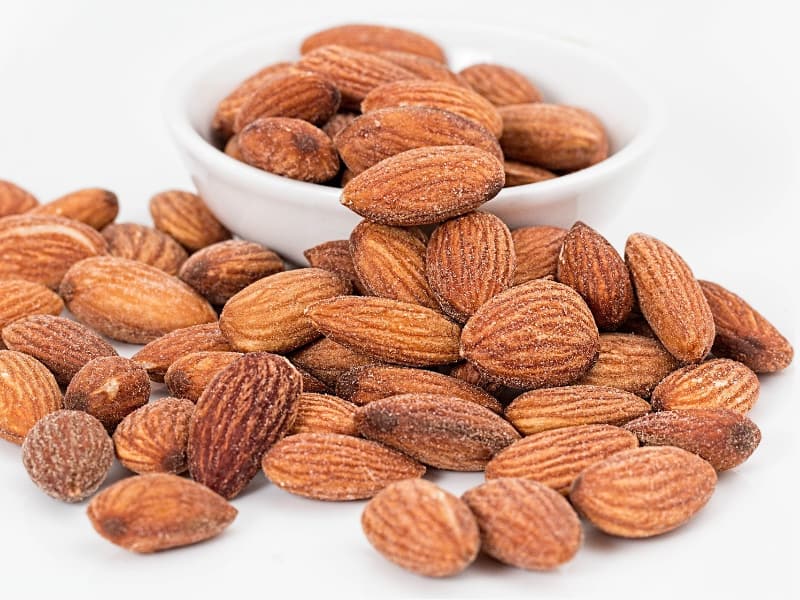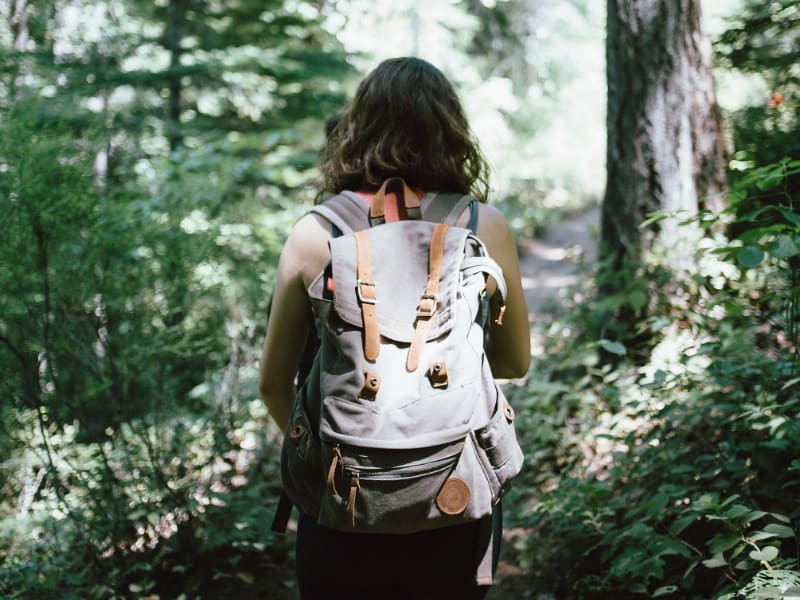Connecting with nature is a significant benefit of summer weather. Supporting your local preserved lands or national parks can increase the maintenance of natural spaces. Practicing adequate preparation techniques can improve your enjoyment of and ability to connect to the planet.
The UK is experiencing record-breaking summer heatwaves, potentially increasing recreational limitations. The high evaporation rate is also increasing precipitation, influencing the expansion of specific insect species. Hikers can protect themselves from bug bites and other illnesses by engaging in preventive measures.
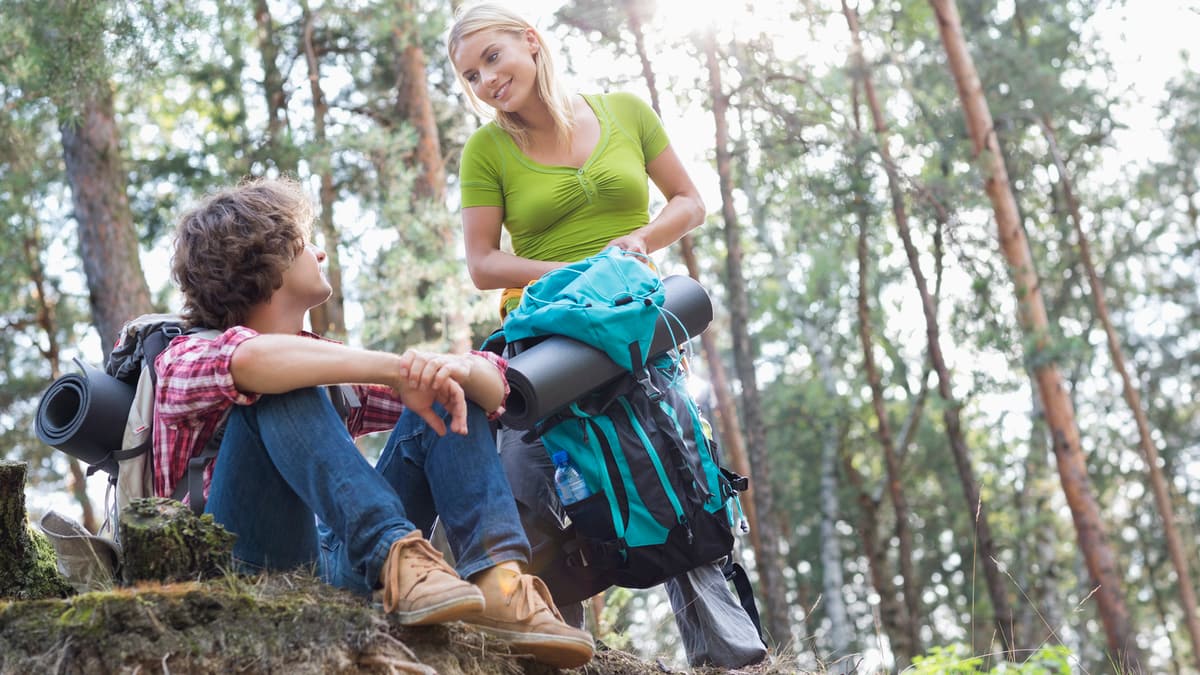
Cover Up
Mosquitos carry various diseases like Malaria, which generate fatal effects in some individuals. Hikers can decrease their contact with bacteria-carrying and illness-causing insects by limiting their skin exposure. Wearing long-sleeve shirts, pants, tall socks, and hats can keep bugs off your skin.
Covering up can increase your generation of heat on a trail, but wearing white clothes may reduce overheating effects. Individuals can also see ticks more effectively against light-colored garments, reducing bites. You can keep ticks from crawling under your clothing by tucking your pants into your boots and putting your hair up.
Additionally, you should check yourself for ticks and other insects before you get in the car, limiting your contribution to invasive species expansion. If you hike with a dog, you should also check and wipe them down before traveling away from the trail.
Use Insect Repellent
Insect repellent products effectively protect your skin on hikes. If you are traveling on trails with high sun exposure, you can put on sunscreen before bug spray, increasing the effectiveness of the repellent. Some products contain harsh chemicals, so many individuals prefer making their own sprays.
You can combine a mixture of essential oils in a clean spray bottle for easy application. The recipe combines geranium, citronella, lemon eucalyptus, lavender, witch hazel, rosemary, rubbing alcohol, and water. Shake the mixture before use and keep a travel-sized bottle in your hiking bag for reapplication.
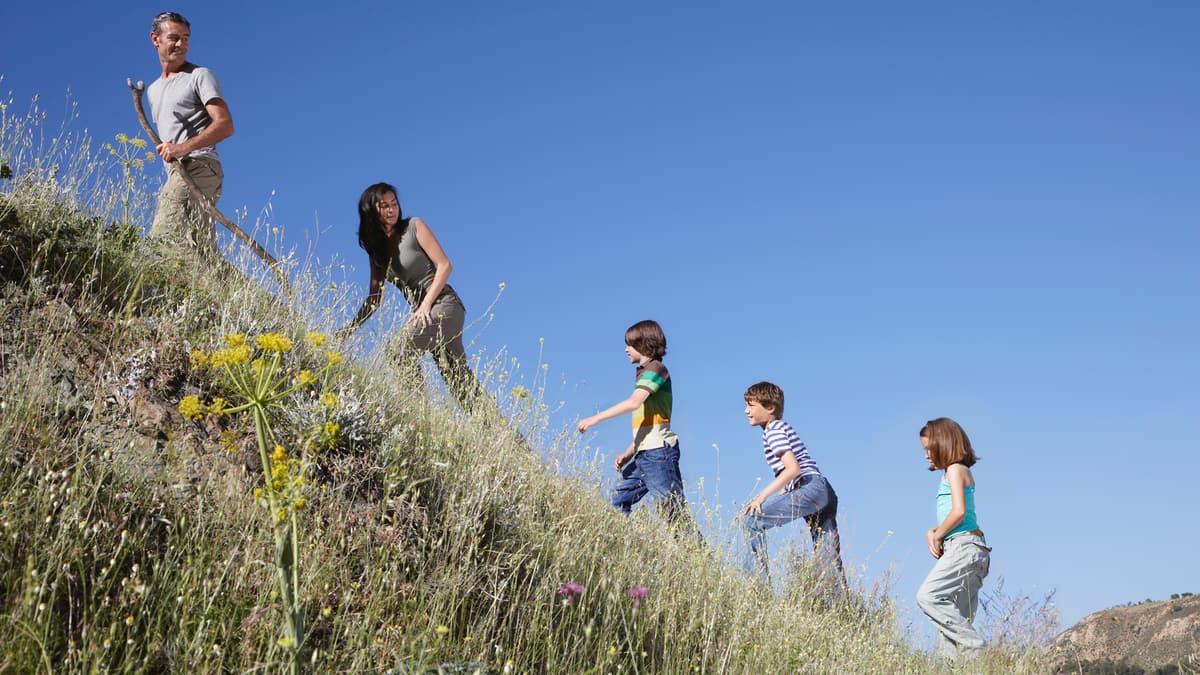
Evaluate Low Insect Activity Times
Hornets are aggressive insects and will sting any individuals invading their territory. Hikers can avoid the species by traveling in the daylight. The insects are primarily nocturnal, spending much of their day inside their nest.
Mosquitos are most active during sunrise and sunset. Individuals can avoid bug bites by hiking in the middle of the day when sun exposure is high. Most insects avoid the heat and direct sunlight in the summer, moving away from bright parts of a trail.
Treating Bug Bites
It is important to remember that you are entering a bug’s habitat when you hike. Though you can limit your interactions with insects, a few lingering ones can still interfere with your outdoor activities. It is essential to bring a bug bite treatment kit with you when you travel on a trail.
You can place an ice pack, baking soda, and anti-itch cream in your kit to reduce the side effects of a mosquito bite. Tweezers are another essential item to help individuals remove stingers. You can also use tweezers to remove ticks from your skin.
When you notice a tick on you, slowly and carefully remove it and then crush it. Clean the bite site with rubbing alcohol or soap and water.
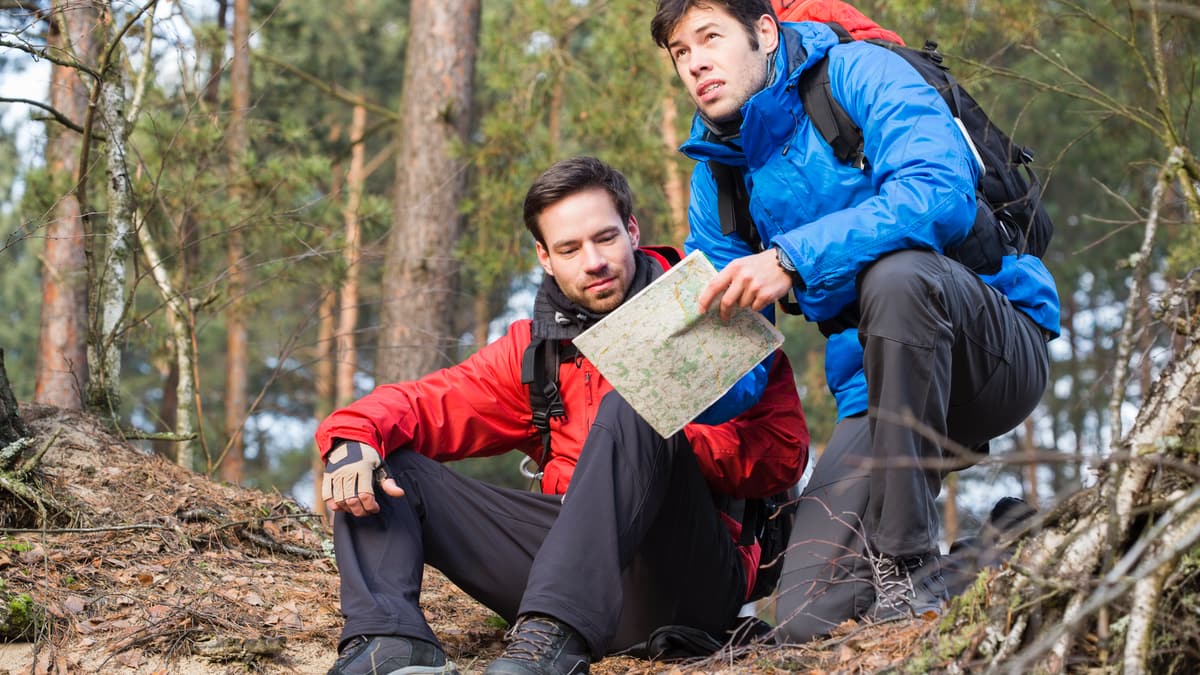
Decreasing Stress on the Trails
Actively decreasing your interaction with bugs and practicing mindfulness while adventuring can enhance your enjoyment of campsites and trails. When you engage in insect repellent and prevention measures, you can increase your confidence when exploring nature and prevent the chance of contracting pest-borne illnesses. Mindfulness can help you keep these and other risks at bay as you enjoy all that Earth has to offer.


